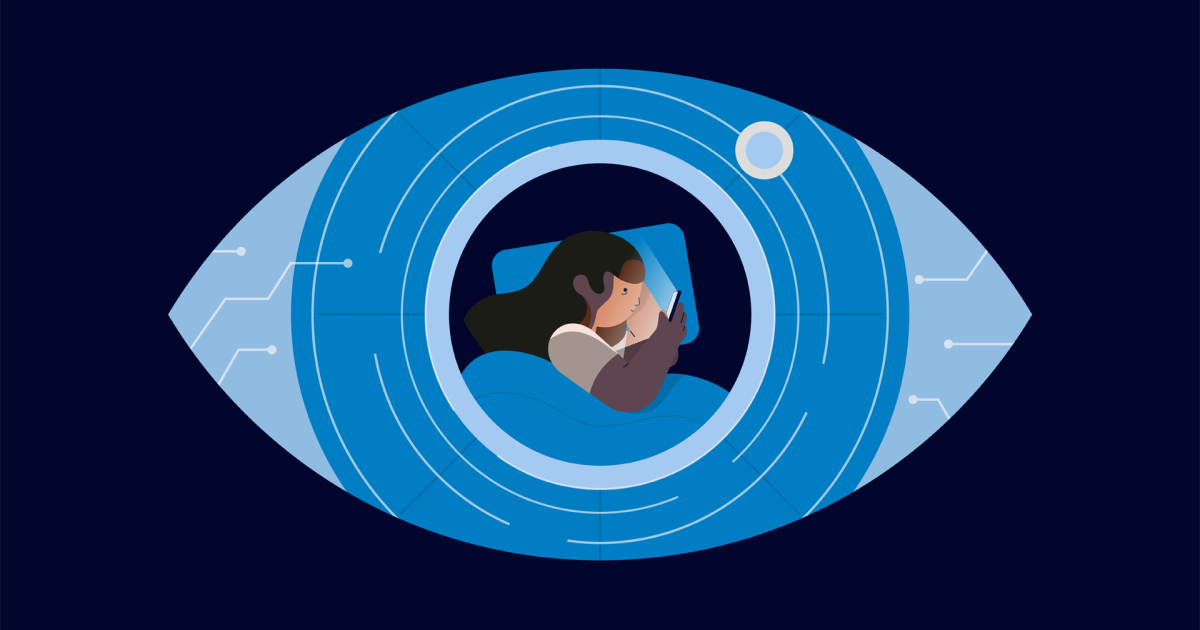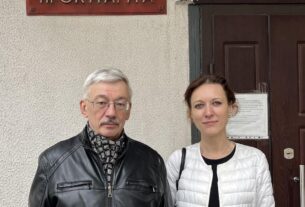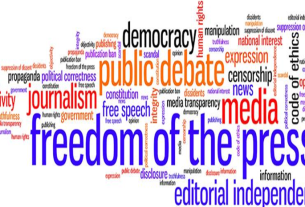Yesterday, Escola Mais, an educational Brazilian company, took steps to protect its students’ data privacy. The change comes after media attention to Human Rights Watch’s report, which found that the website owned by Escola Mais, along with seven other educational websites for Brazilian students, covertly surveilled children and harvested their personal data.
While Escola Mais primarily offers technology-driven, in-person classes for elementary and high school students, its study guides and videos were endorsed by the São Paulo education secretariat in March 2020 for elementary school students during Covid-19 school closures. Escola Mais confirmed to Human Rights Watch that it partnered with the state government to offer its online learning materials for free during this period through its website. Although the website is now primarily directed at parents, students using Escola Mais’ website to log in and access its online learning resources were exposed to its data surveillance, in which users’ data was sent to 37 companies that specialize in behavioral advertising.
Before we published the report, Escola Mais did not respond to our four requests for comment, but after media reported on our investigation, it contacted Human Rights Watch to ask how to protect students’ data privacy. The company subsequently removed from its website all student-facing links to its online learning platform. Escola Mais told us that its data surveillance was intended to target parents. It also said it would provide students with a direct link to its online platform so they could avoid using the main website, which is under active data surveillance, to access their learning resources.
This is a welcome development and demonstrates how online providers can deliver educational services to children in ways that do not compromise their data and privacy.
But children should not have to rely on individual providers to ensure they are protected online. The national government should amend Brazil’s data protection law, the Lei Geral de Proteção de Dados Pessoais, adopting new safeguards to stop the surveillance of children online.



